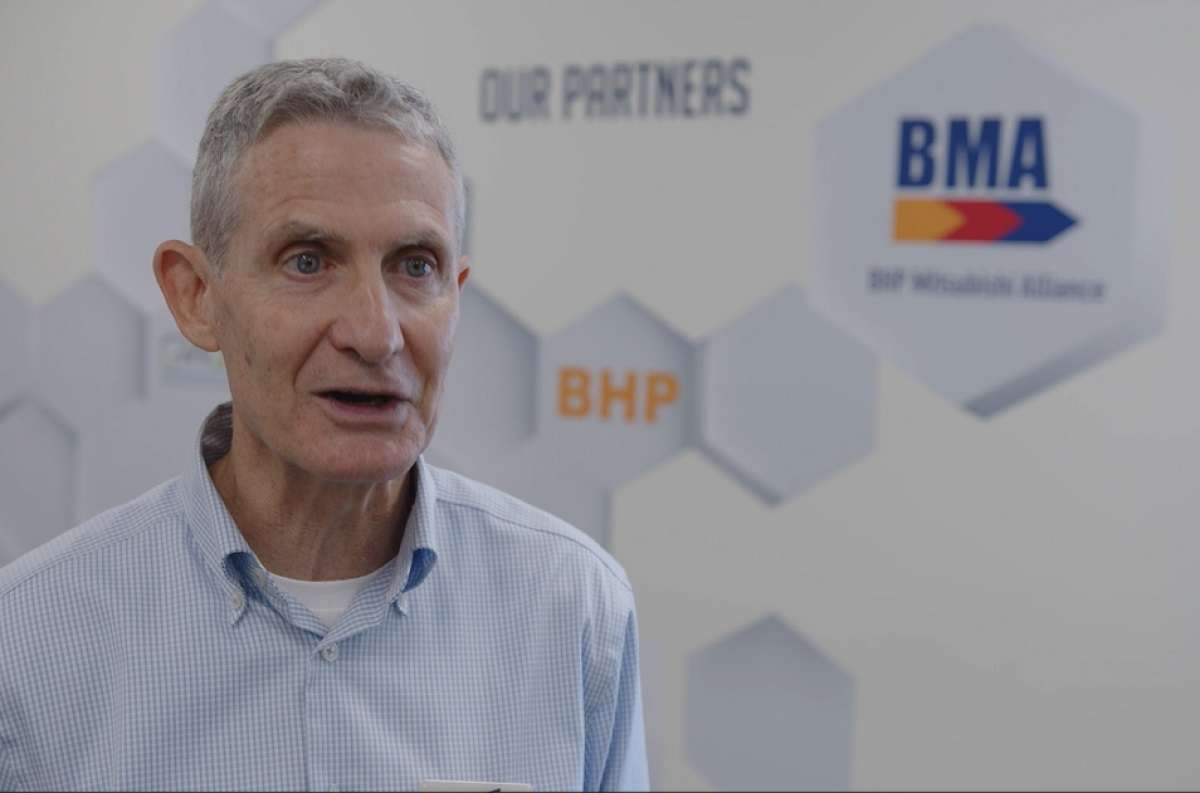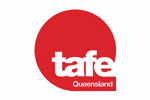The Chair in Automation and Future Work Skills role was established to focus on the impact of automation on regional cities and communities. The role is funded by our University and BHP Mitsubishi Alliance (BMA) to coordinate research, outreach and engagement with relevant industries across Queensland, as well as to drive the development of new innovative training qualifications and courses in automation and new workplace skills beyond the mining sector, including in METS, Agriculture, SMEs and Construction.
The purpose of the partnership between BMA and the University is to bring people and resources together to unlock and accelerate skills, training and educational outcomes for the future in the communities of which they are part.
The Chair in Automation and Future Work Skills role was established to focus on the impact of automation on regional cities and communities. The role is funded by our University and BHP Mitsubishi Alliance (BMA) to coordinate research, outreach and engagement with relevant industries across Queensland, as well as to drive the development of new innovative training qualifications and courses in automation and new workplace skills beyond the mining sector, including in METS, Agriculture, SMEs and Construction.
The purpose of the partnership between BMA and the University is to bring people and resources together to unlock and accelerate skills, training and educational outcomes for the future in the communities of which they are part.
Head over to BMA's YouTube Channel to learn more about BMA Community Contribution - CQUniversity Future of Work.
Study free online micro-credential courses and earn CQUniversity Digital Badges, verified credentials that showcase your knowledge and skills.
These courses are brought to you by CQUniversity - Chair in Automation and Future Work Skills and BHP Mitsubishi Alliance (BMA)
Identify and map training delivery available for regional communities to fully participate in future work opportunities, as per key recommendation #3 (and #7) of the GW3 Future Employment Study.
Offer micro-credentials (see Queensland Future Skills Partnership) to support digital foundations for the existing workforce, as per key recommendation #2 (a) and (b) of the GW3 Future Employment Study.
Together with stakeholders prepare submission for the Australian Coal Industry’s Research Program (ACARP) Project.
Working with Resources Centre of Excellence on a case study, titled ‘Regional collaboration, the key to community empowerment and workforce transitioning towards I 4.0’.

The DISH is a place to showcase and promote initiatives that support the collective efforts of industry players and education providers to address the challenges of existing and emerging digital technologies and their impacts on the current and future world of work, workforces, and communities.
Made possible, in part, by the Kevin Greenwood bequest, it is a place where...
Building a successful and resilient workforce for the future will play a vital part in Australia’s economic recovery. As we emerge from the COVID-19 pandemic we need to resolve skill shortages in regional areas. Skills development opportunities are here to prepare you to become the regional workforce of the future.
The Queensland Future Skills (QFS) Partnership is led by BHP Mitsubishi Alliance (BMA) and includes TAFE Queensland and CQUniversity as education partners. The partnership has been working with industry experts, community organisations and government since late 2019 to fast-track responsive co-design and delivery of training to support the implementation of autonomous technology in mining. We are seeking expressions of interest to participate in training, at no cost to participants.
The Chair in Automation and Future Work Skills value its connections locally, in the region and abroad. Our partnerships help us create opportunities and deliver solutions that enhance the automation and technology capabilities of the resource sectors, METS industries and regional communities and aims to build and strengthen an ecosystem of research centres, universities, government, industry players and skills bodies. Connect with us to collaborate or find out more.
The Chair of Automation and Future Work Skills has been made possible thanks to a generous funding package from BMA.

CQUniversity Australia is a trading name of Central Queensland University
ABN: 39 181 103 288
RTO Code: 40939
CRICOS: 00219C
TEQSA: PRV12073